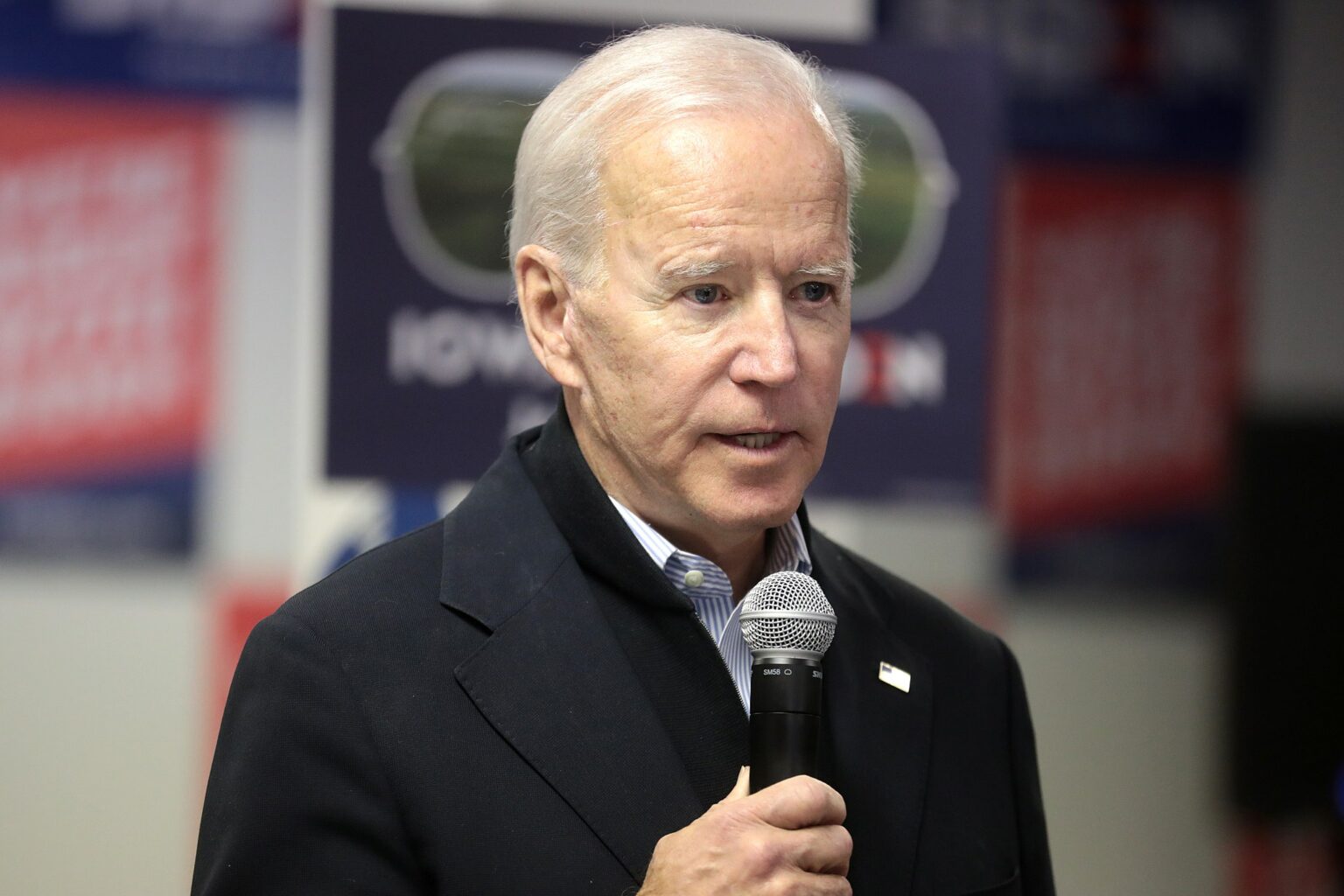Sadly, this is our president.
President Joe Biden recently stirred controversy with remarks implying that his uncle was consumed by cannibals in Papua New Guinea during World War II. Contrary to historical records, Biden recounted a narrative where his uncle, Ambrose Finnegan, was shot down while conducting a reconnaissance mission over Papua New Guinea, crashing in an area inhabited by cannibals. However, official accounts indicate that Finnegan’s aircraft crashed into the ocean due to engine failure. Moreover, Biden’s assertion of a purported visit to the country, during which he claimed to have discovered remnants of the plane, has been debunked as he never made such a trip.
These comments have sparked diplomatic tensions with Papua New Guinea, a significant Pacific nation. Critics argue that Biden’s narrative perpetuates prejudiced stereotypes about the country, portraying it as a primitive land of cannibals. Michael Kabuni, a political science lecturer at the University of Papua New Guinea, emphasized the offense taken by the Melanesian people, highlighting their pride and the misrepresentation of their culture. He underscored that while acknowledging historical facts such as past cannibalism, distorting them for sensational storytelling is unacceptable.
Maholopa Laveil, an economics lecturer at the same university, expressed concerns that Biden’s remarks could further strain already delicate relations between Papua New Guinea and the United States. Laveil noted the negative portrayal of Papua New Guinea in the international media and cautioned against unsubstantiated claims from a prominent figure like the U.S. president.
However, amidst the uproar, some Papua New Guineans, like East Sepik Governor Allan Bird, offered a more forgiving perspective, attributing Biden’s comments to perhaps childhood anecdotes rather than deliberate malice. Nevertheless, the incident underscores the importance of factual accuracy and sensitivity in international discourse, especially concerning nations with strategic significance like Papua New Guinea, which has drawn increased attention due to its growing population, rich natural resources, and geopolitical positioning in the Pacific region.
